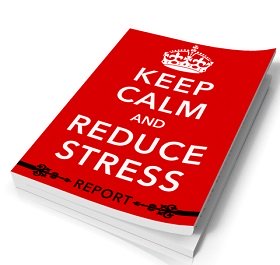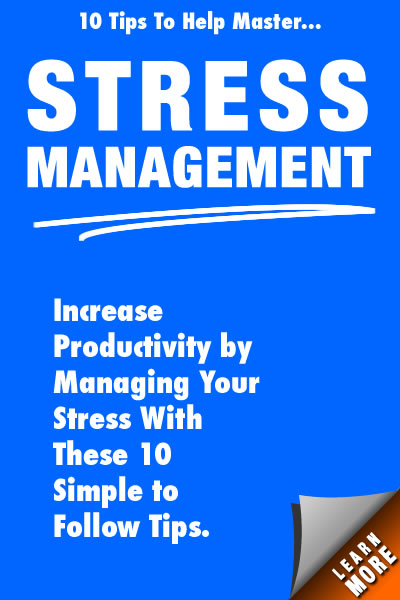Emotional Eating Is Not A Healthy Way to Cope with Stress

Do you cope with stress by indulging in emotional eating? If you find yourself worrying about an upcoming deadline, a project to complete or anticipating a stressful situation, you may find yourself grabbing for some snacks—just to distract your mind. But are you really hungry? If you are overeating as a way to distract yourself from your stressors, chances are you’re not really hungry. This eating pattern can be a substitute for solving your stressors, and you may be using the comfort of food as a way to relax.
The link between stress and hunger is complicated and changing your relationship with food is not easy. If your hectic lifestyle causes you to go through your days on “autopilot” because you have many tasks to complete in a short amount of time, you may find that you are also eating on “autopilot.” Without thinking, you may be emotional eating--consuming large amounts of empty and unhealthy foods without noticing whether you are actually hungry—or even remembering what you ate!
How You Can Cope with Stress
and Avoid Emotional Eating
- Take a walk. Physical activity reduces stress and distracts you from reaching for the cookie jar, and exercise is a great appetite suppressant. Also when you exercise, your body releases endorphins, which help your body manage the stress it is feeling.
- Keep a supply of healthy snacks on hand. Fresh carrots, celery and other crisp vegetables are easy to munch and crunch on without adding unneeded calories. Trail mix and fresh fruits are great snacks as well.
- Drink plenty of water. Most people do not drink enough water to flush out the body’s impurities and toxins. Water is also a healthy alternative to packing in empty calories of unhealthy foods and gives you the feeling of being full.
- Don’t skip meals. You are more likely to indulge in an unhealthy snack when a craving hits. Eating regularly scheduled meals helps you avoid becoming so hungry that you overeat.
Build a Healthy Relationship to Food
- By eating more slowly, you may find that you are satisfied eating less and are more aware of your impulses to use food to satisfy emotional needs.
- Take time to eat. Don’t eat on the run. Sit down and serve your food on a plate. This will help you eat more slowly without rushing onto your next task of the day.
- Focus on what you are eating. Notice when you are eating, and be mindful of what the foods are that you are eating. Slow down and notice the colors, textures and enjoy the flavors of the foods you are eating. Chew more slowly. Don’t allow yourself to be distracted while you eat.
- Notice how you feel after you have eaten a meal. Are there particular foods that upset your stomach or make you feel sluggish? Which foods provide your body with energy?
- Are you eating particular foods more out of habit than from liking them or wanting to eat them?
We need to be careful when discussing overeating because our society tends to obsess with body image and physical appearances. The prevalence of eating disorders, especially among young girls and women indicates how the relationship to eating can become harmful. With anorexia, people starve themselves and still think that their emaciated bodies are still overweight. With bulimia, the individual may binge on a food that they cannot resist eating and then make themselves vomit so that they won’t gain weight.
In each case of emotional eating, the individual feels in control of the situation. These eating disorders may be in part an undesired consequence of the preoccupation our society has toward one’s outward physical appearance rather than paying attention to what our body is telling us from the inside.
Coping with stress by emotional eating may produce undesirable and unhealthy consequences. The following pages offer a variety of coping strategies that can provide positive results in dealing with your range of stressful situations.
Reader Favourite!
Effective Stress Management Listen to Your Body
Join Calm Starts Here, and receive FREE How to Get a Good Night's Rest and Stop Worrying.
Book Store

This Is Not the Career I Ordered: Empowering Strategies from Women Who Recharged, Reignited, and Reinvented Their Careers

101 Great Ways to Enhance Your Career
Share this Page on SheToldMe.com
Become a FaceBook Fan







